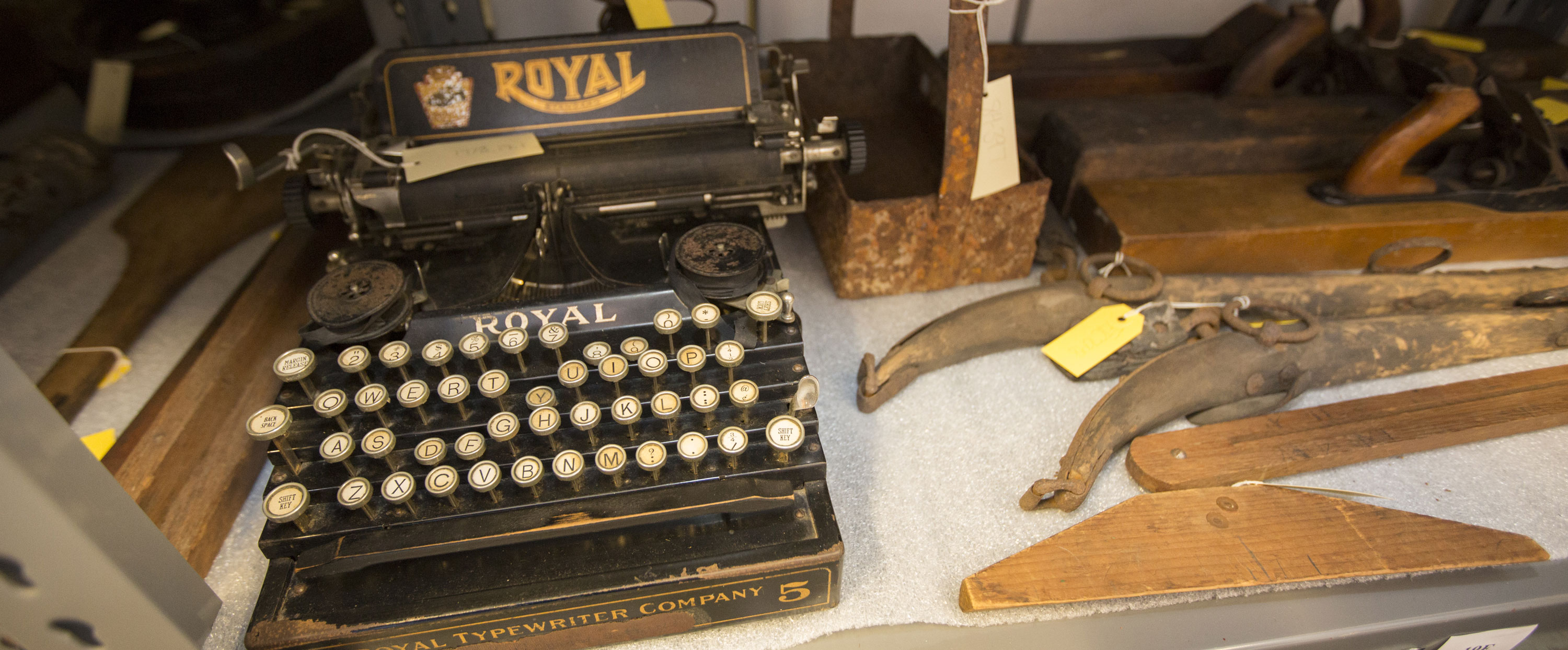A group of like-minded women banded together in Philadelphia in December of 1846 to rally around a cause they held dear- the abolition of slavery. The Philadelphia Female Anti-Slavery Society (PFASS) organized annual anti-slavery fairs, fundraising for abolitionism and using the event as a platform to sway others to the cause. Their members lobbied for emancipation, organized boycotts of goods manufactured by enslaved peoples, and published anti-slavery literature. Two members, sisters Hannah and Mary Townsend, wrote and designed the illustrations for a pamphlet first published for that 1846 fair. Printed by Merrihew & Thompson, it's comprised of 16 pages, and each page has two wood block illustrations with a corresponding caption below it. What makes this pamphlet unique isn't who wrote it or even its contents, but who it was written for. Hannah and Mary Townsend, like many in PFASS, understood the importance of teaching abolitionism to everyone in society, no matter how young. This pamphlet- The Anti-Slavery Alphabet- was addressed to "our little readers" and was intended to be used to teach children about abolitionism. Each letter of the alphabet is used to represent the horrors of slavery and the justness of abolitionism.
The dedication at the beginning empowers its young readers to fight against injustice and encourages them to take direct action through talking with the adults in their lives about the importance of abolition, swaying their friends to the cause, and boycotting goods produced with slave labor. Each page teaches empathy and inspires a sense of responsibility.
On the last page, the second to last entry reminds its readers that they are capable of and have a duty to advocate for justice.
Y is for Youth- the time for all
Bravely to war with sin;
And think not it can ever be
Too early to begin
Since its founding in 1833, the Philadelphia Female Anti-Slavery Society was one of the more inclusive abolitionist societies as they allowed Black women to join. Sisters Margaretta, Sarah, and Harriet Forten, daughters of the well-known African-American abolitionist James Forten, were three of the co-founders of the society. While membership was not segregated and they encouraged self-advocation, the society was still predominantly white. Throughout its 37 years, PFASS raised what would be today approximately $400,000 for the abolitionist cause. During the Civil War, members of the society actively participated in the Underground Railroad, breaking the law to help those who escaped slavery. The society continued to fight for justice even after the emancipation of those enslaved, as they lobbied and advocated for black suffrage. The society disbanded in 1870 after the ratification of the 15th amendment, which granted African-American men the right to vote.
The pamphlet was found with other archival material in the drawer of a cabinet made by Richard Herrmann.

